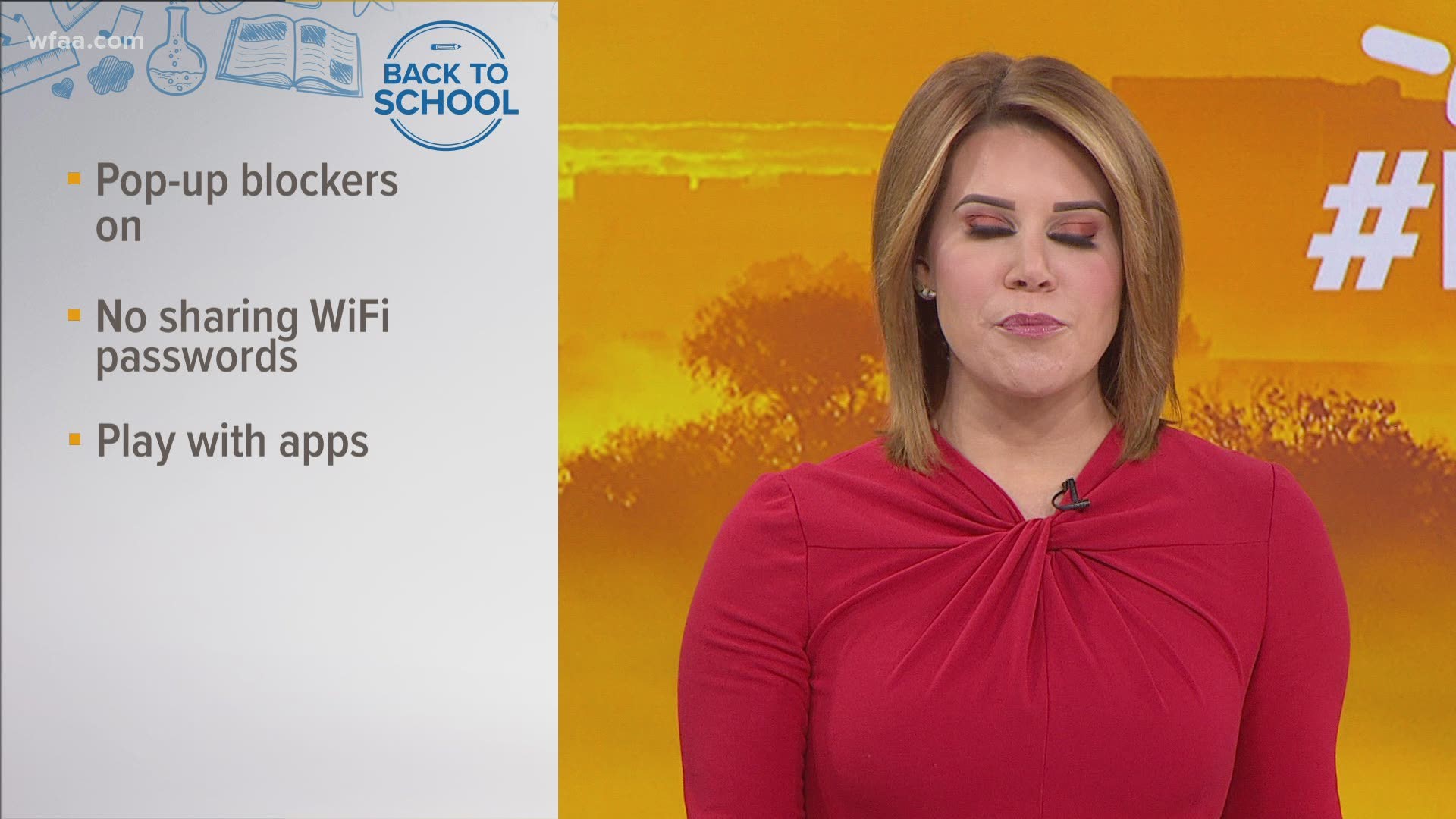Parents and caregivers, the FBI have a warning for you.
The agency tweeted a message recently to alert the public “child abductors could potentially use social media to lure victims.” It added that kids are at a greater risk for encountering offenders because of virtual learning and an increased use of social media.
The National Center for Missing and Exploited Children has experienced a 63% increase in ‘Cyber Tip-line' reports between January and September versus the same time in 2019, the FBI said.
Brittany McGowan with Dallas Children’s Advocacy Center shared advice for parents, caregivers, and teachers to help mitigate the risk.
"Parents set boundaries in their households and sometimes kids don’t have internet access but with COVID-19 children are having to use those virtual platforms so, that’s going to open the doors for those offenders," McGowan said.
She recommended talking to kids about internet etiquette and safety as soon as they are old enough to understand.
She said parents should talk about what information kids should share versus what should always be kept private within their family. Plus, parents should teach kids to watch out for strangers on virtual platforms they may use for school or other activities.
"If there were any unknown people engaging on those virtual platforms that they don’t know, to let their parents know but asking those direct questions so we can get those answers and navigate from there in resolving that issue is important," said McGowan.
McGowan recommends that parents keep conversations judgement-free so kids will feel more comfortable coming to them if they receive any inappropriate content.
Make sure pop-up blockers are on to prevent material being sent while they’re online learning and tell them not to give people your WIFI password.
In addition, parents should monitor their child’s devices and play with apps yourself before allowing them on your child’s phone.
‘Net Smartz Kids’ is a great tool for kids and conversation starters for parents.
Dallas Children's Advocacy Center also conducts online safety training courses. Visit DCAC.org for more information.

